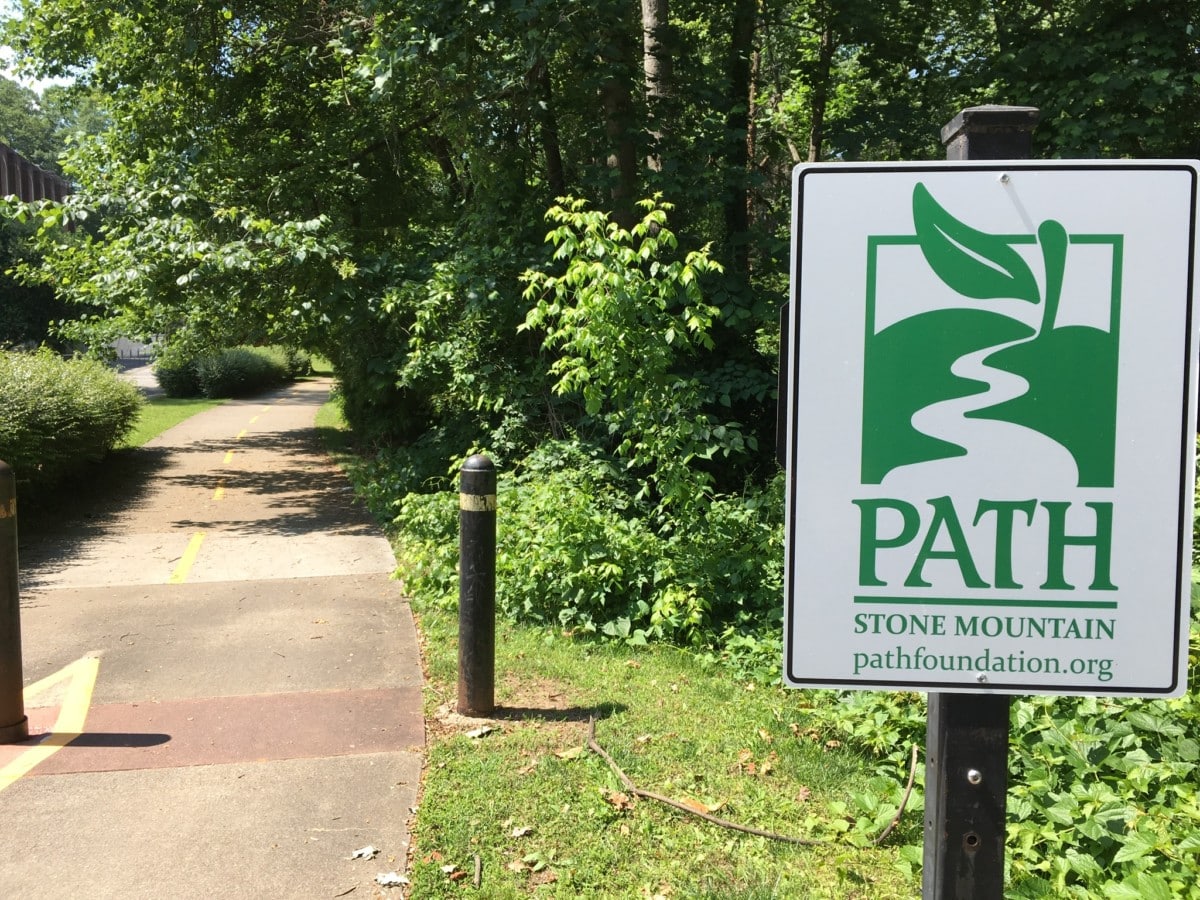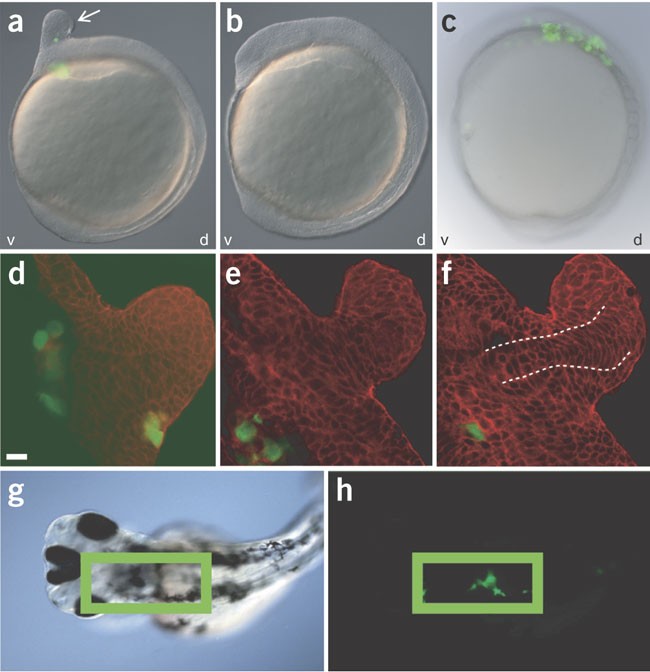
- Select a language for the TTS:
- UK English Female
- UK English Male
- US English Female
- US English Male
- Australian Female
- Australian Male
- Language selected: (auto detect) - EN
Play all audios:
Changes to the nursing regulator’s English language requirements have been a “lifeline” for many internationally educated nurses, _Nursing Times _has been told. Hundreds of nurses from
overseas have sent off applications to join the UK register, since the Nursing and Midwifery Council (NMC) began to allow employers to submit supporting information as evidence of English
language proficiency. > “Many are feeling that supporting information from employers was > their lifeline" > > Agimol Pradeep The changes were implemented in February this
year following a public consultation and many months of campaigning from nurses. Applicants who trained in English, but in a country where English is not a majority spoken language, are now
able to provide supporting information from their UK employer as evidence of English language proficiency. As of 3 May, the most recent data, the NMC had sent out 404 forms to collect this
employer information and had accepted 146 applications using this route. In addition, nurses needing to rely on an English language test to demonstrate their competence can also submit
supporting information from their employer if they narrowly missed out on the required score by half a point or grade in one of the four language domains of the test. The changes are
expected to be fully operational by the end of the summer and the NMC will present findings to its governing council in March 2024. RELATED ARTICLES Linda Varghese, who became a registered
nurse in February through the supporting information pathway, told _Nursing Times _that she was “very happy” to receive her PIN, after fighting to get on the register for over 12 years.
“It’s a revolutionary change I think, it’s very nice and I’m very happy,” she said. Ms Varghese graduated as a nurse in India in 2009 and immediately came to the UK to begin working as a
healthcare assistant (HCA) in a care home. However, she repeatedly failed her English language test to gain registration, by marginally missing the required score for the reading part of the
test. Linda Varghese After her husband and mother both became unwell, and almost 18 months sick leave herself, she said she “couldn’t get the time” to revise for and re-sit the test again.
Ms Varghese continued working as a HCA for several years in the care home, until she moved to a ward at the Royal Stoke University Hospital in 2018. Then when she heard that the NMC would
begin to accept supporting information in 2023, Ms Varghese turned to her employer to help provide the evidence. She said: “My manager I cannot compare with anything, [she is] such a lovely
person. “She helped me to achieve this.” Ms Varghese explained that her manager was in the best position to provide the supporting information, as she had known her since she joined the ward
as an HCA in 2018. She said: “She has known me for five years, and she knows what I am, how my English is and how my communication skills are.” Being accepted onto the register this year
after many years of trying was a relief to Ms Varghese. She said: “I’m very, very happy, and I’m working as a nurse in the Royal Stoke on the same ward. “I can see the change, when I wear
the uniform, I think ‘Oh my god I am here now’." Meanwhile, Ken Dulduco, who has been working as a registered nurse at Peterborough City Hospital for three months, said he would “never
forget the feeling” of finding out that his supporting information had been accepted by the NMC. Mr Dulduco had been working as an ambulance nurse in Abu Dhabi before coming to the UK on a
dependent visa in 2017. Much like Ms Varghese, Mr Dulduco missed out on his writing score in the English language test by half a point, and due to childcare commitments and the cost of the
test, he was unable to resit the exam. He said: “I almost gave up after taking the English exam. “For a moment I would say I was depressed thinking about my career back then [in Abu Dhabi]
and then working here as an HCA. Ken Dulduco “Career wise, I felt sorry for myself.” Mr Dulduco was one of the first internationally educated nurses to make it on the UK register through the
supporting information pathway. “I just passed my documents, processed my supporting information with my managers and that was it,” he said. The NMC’s executive director of strategy and
insight, Matthew McClelland, told _Nursing Times_ that it was “essential” that everyone who joins the register can demonstrate good English language skills “so that the public can have
confidence those looking after them can provide the safe, effective and kind care they expect”. Mr McClelland, who led the NMC’s consultation on the changes to the English language
requirements, said: “Since February 2023, around 150 internationally educated professionals have joined our register using supporting information from employers as evidence of their English
language competence. “This means professionals who trained overseas and have demonstrated good standards of English while working in UK health and social care are now able to practise as
registered nurses and midwives in the UK, providing high-quality care for the public.” Supporting hundreds of internationally educated nurses from the sidelines, and lobbying the NMC to
implement English language changes, were Dr Agimol Pradeep, liver transplant coordinator at King’s College Hospital, and Dr Dilla Davis, nursing lecturer at the University of Salford. They
began their campaign on behalf of thousands of India-trained nurses who have been unable to pass the language test and achieve registration, despite living and working as HCAs in the UK. Dr
Pradeep told _Nursing Times_ that life had been “challenging” for many in this position. From left, Agimol Pradeep and Dilla Davis She said: “For internationally educated nurses who had been
in the limbo of completing their UK nursing registration, it not only affected their professional status but it also directly impacted their physical and mental health. “They lost their
identity and were struggling to explain to their own kids what their professional status was.” However, Dr Pradeep said that she had received many “joyful and heartfelt calls” from
internationally educated nurses who had received their PIN due to the supporting information pathway. She said: “The majority of these nurses have been in the UK for over a decade and
working as unregistered practitioners despite trying multiple times to meet the English language requirements. “Many are feeling that supporting information from employers was their
lifeline." Meanwhile Dr Davis said: “They have recaptured their professional identity and I am very happy to be part of the reason for it. “We were told this was not possible and our
efforts would be futile, but our prayers and relentless attempts have finally seen daylight. “It gives sheer pleasure to see happiness in [nurses’] eyes as they fulfil their dreams, but we
have miles to go still.” Alongside the NMC allowing supporting information from an employer, the regulator also made other changes to its English language requirements, including providing
more flexibility for individuals to combine two sets of results in order to pass. However, campaigners including Dr Davis and Dr Pradeep have called on the NMC to consider further changes to
its requirements. The NMC told _Nursing Times_ last year that it would consider looking at other changes during 2023-24, and once the first round of changes had been fully implemented.
RELATED ARTICLES






